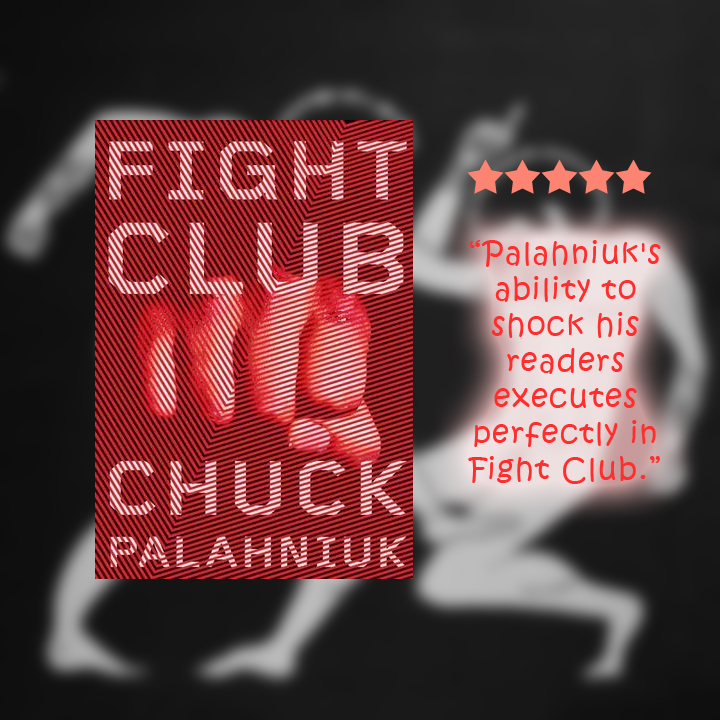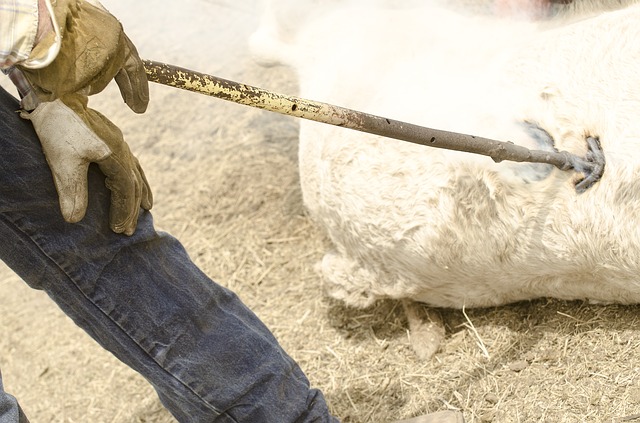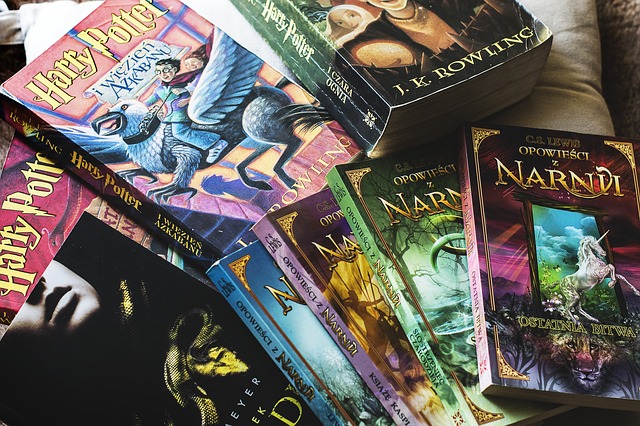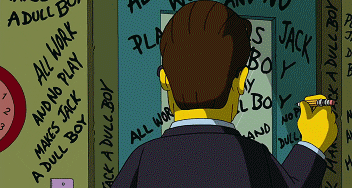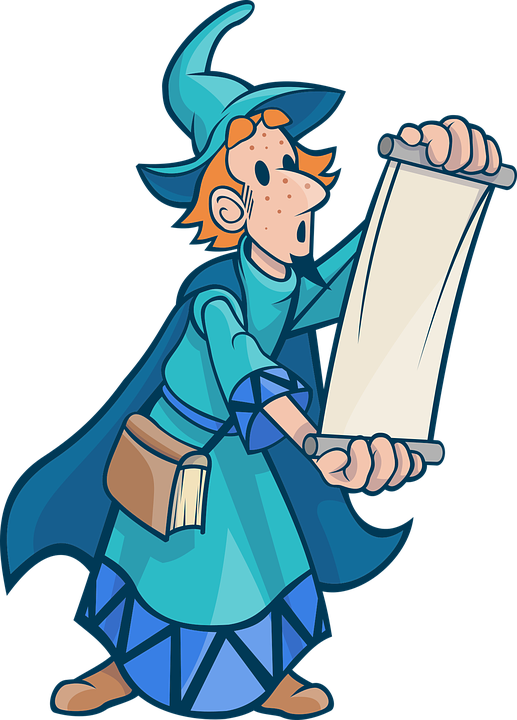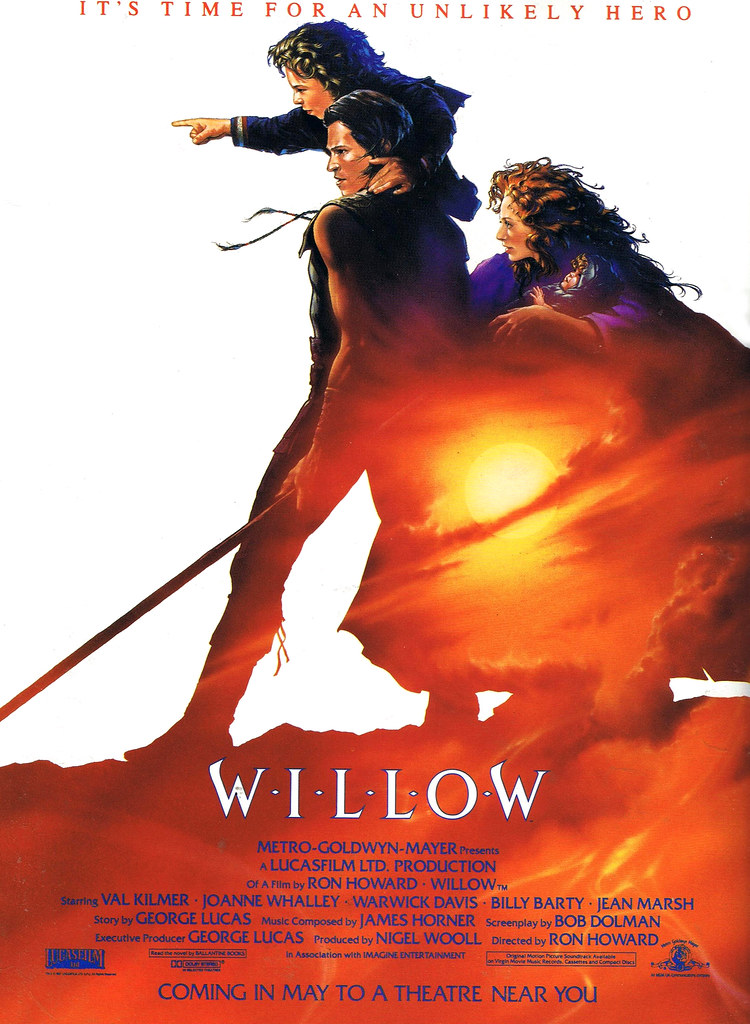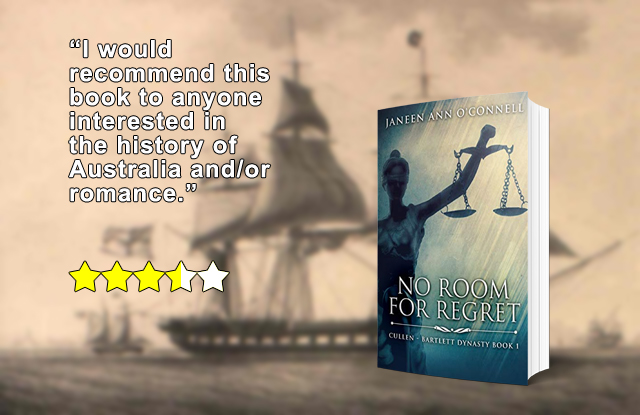
 No Room for Regret by Janeen Ann O’Connell
No Room for Regret by Janeen Ann O’ConnellMy rating: 4 of 5 stars
This book is difficult for me to rate. I definitely enjoyed it at times, but then I found that I was exasperated by it at others. It’s listed as a historical fiction and it definitely qualifies, but it is most certainly a romance novel as well.
I had no idea that I was reading a romance until toward the end, although the clues were there. Not that this is a huge issue, as I’ve read some romances before and they were perfectly fine reads. Just not my cup of tea.
But the real issue for me was this: When introduced to the protagonists, Blay and Tedder, I was struck by their incredibly unfortunate story of being sentenced and then sent to Van Diemen’s Land to serve the rest of their lives, or so it seems. They’re in chains, they’re starving, they’re struggling, they’re being whipped, and they’re just generally miserable. How will they escape this misery? I wondered excitedly.
In the most boring way ever. That’s how. Shortly after they get off the ship, the story turned south for me. Don’t get me wrong. I still enjoyed it. I kept reading. I wanted to know more. O’Connell did an excellent job. But! But a normalcy set in that rankled me.
Keep in mind that I don’t want to give away spoilers. Throughout the latter half of the book, the characters would experience a conflict within their normal, boring lives, and it would be resolved within a few pages. No cliff hangers. Each chapter ended on a happy, “everything is going to be all right, and I’m sure glad I was arrested and sent here” note. It certainly became tedious.
UNTIL THE END! The book ends on a cliffhanger of sorts, just enough to drag you into the next book in the series. Will I read it? Maybe. A big maybe.
The character I’m most interested is William Blay, one of the children of the Blay who heads the story. I’m not going to say why, but he has a little adventure that intrigues me a lot.
Next, I want to say that Tedder’s story of how he got arrested really resounded with me, and I was incredibly disappointed with the way the author handled him. The poor man got the short end of the stick.
All in all, it was an excellent read. It kept my attention despite the normalcy near the end, and I would recommend this book to anyone interested in the history of Australia and/or romance stories.
I’m giving it 3.5 stars, rounded up to 4. I was given this book for an honest review.
View all my reviews


